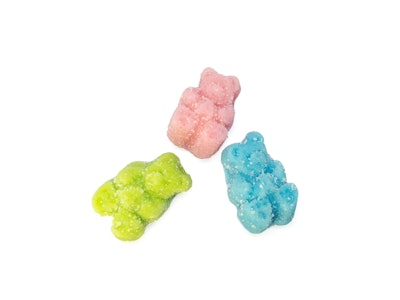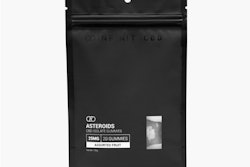
In a Q and A with author Ivan Moreno, Asa Waldstein, the incoming chairman of the Cannabis Committee at the American Herbal Products Association, shared his experience with Hemp Industry Daily on how he advises companies to maintain compliance with the FDA’s labeling and marketing guidelines. Tips include:
- Testimonials and product reviews should not include any types of claims.
- Although it’s counter-intuitive to social media marketers with limited dietary supplement experience, companies and employees liking or commenting on their social media post with claims is best avoided. Engaging on the post substantiates the claim in the eyes of the FDA.
- Hashtags are considered claims based on FDA warning letter precedent. Adding a hashtag claim (e.g. #concussion, #Alzheimers, #CBDcures) to an otherwise compliant posting can elevate a company’s risk of receiving an FDA warning letter.
- On the flip side, a company making a purely informational post on supporting a cause such as breast cancer awareness is allowable. The company can turn an informational post into a claim by adding a hashtag, calling the customer to purchase their product or by insinuating their product can be useful for breast cancer.
- Any claims being made on videos such as YouTube are now being reviewed and cited in warning letters.
- Infographics are considered claims.
- Informational blogs may be considered claims, especially if a company is using this to sell product (e.g. hyperlinks to shopping carts, product pictures).
- Citing clinical studies make be construed as a claim.
- “Made in the USA” labeling can lead to lawsuits. The statement should only be used when the majority of product components are from the U.S., including packaging and any carrier oil, such as MCT.





















